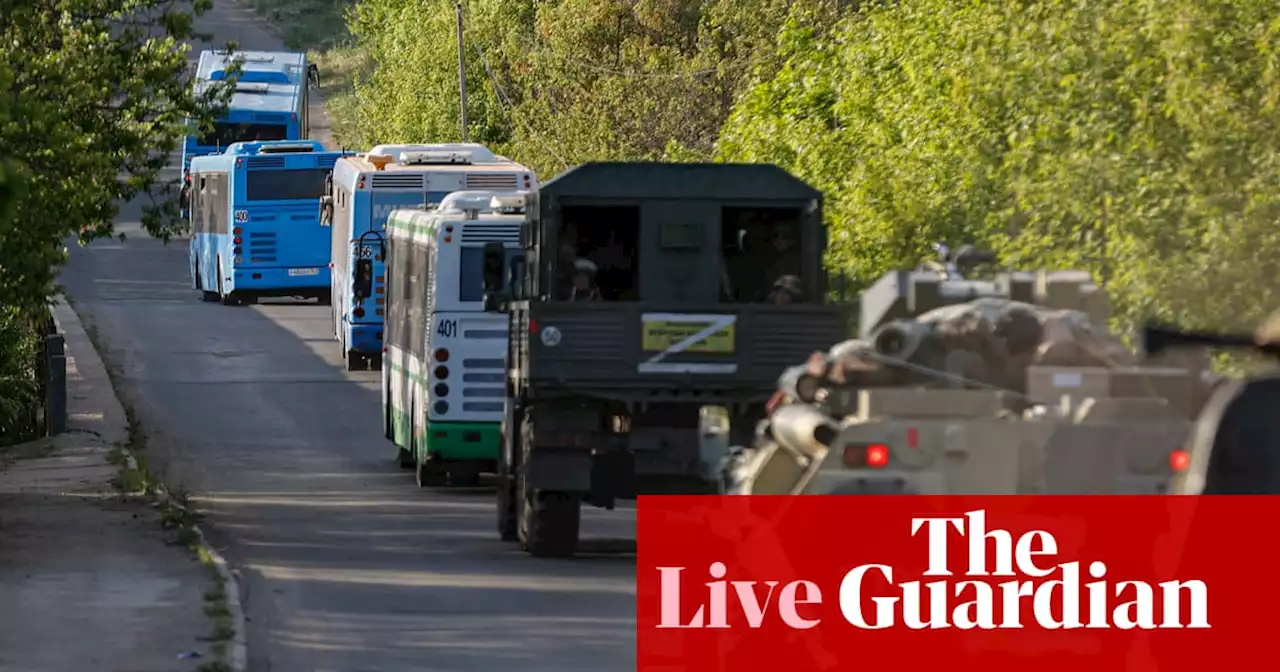War, extreme weather and export controls are all contributing
as the effects of the pandemic wore off. Things were made worse by swine flu in China and a series of bad harvests in exporting countries, some of which were due to La Niña conditions that began in the middle of 2020. La Niña is a recurrent pattern of currents and wind patterns in and over the equatorial Pacific which has worldwide effects, just as its also-troublesome counterpart El Niño does.
America’s department of agriculture reckons that war and bad weather mean global wheat production is likely to fall for the first time in four years, which is bad. What is worse is that wheat is not really traded globally. Buyers often have long-standing bilateral relationships with exporters and set channels of trade which make switching suppliers hard.
This is the worry when it comes to Ukraine's winter wheat. Sown last year, it will be ready for harvest come June. Mr Solskiy expects this year's harvest to be 20-30% smaller than expected. Roughly half the winter-wheat fields are in the part-occupied, part-fought-over south-east. Many fields are scattered with explosives. Infrastructure has been destroyed. Water, power and fuel are sure to be in short supply.: fertiliser applications have been missed; pests and diseases have run amok.
“There is no room for any weather issue in the northern hemisphere this season,” says an executive at one of the world’s largest traders. While Ukraine’s output remains inaccessible, “every single tonne in the market will be needed,” says Michael Magdovitz of Rabobank, a Dutch lender. That tight coupling of supply and demand means that prices will be very volatile, too, moving on the slightest bit of news; further shocks could send them much higher.
More costly energy and fertilisers drive up prices across all sorts of agriculture. The farmers in Chandauli say high prices for fertiliser, diesel and labour have pushed their costs up by 20-25% so far this year. And wheat prices have effects across the market, too. If the cost of a commodity goes up, consumers look for alternatives. That is why food-price inflation is being seen in commodities that are not directly affected by the war, says Seth Meyer, the’s chief economist.
Australia Latest News, Australia Headlines
Similar News:You can also read news stories similar to this one that we have collected from other news sources.
 Boris Johnson vows to 'fix' not 'nix' Brexit deal as EU threatens trade warBORIS Johnson last night said he wants to “fix” not “nix” the Brexit deal – as Brussels threatened to start a trade war with the UK. Ministers warned stubborn EU leaders they must agree to di…
Boris Johnson vows to 'fix' not 'nix' Brexit deal as EU threatens trade warBORIS Johnson last night said he wants to “fix” not “nix” the Brexit deal – as Brussels threatened to start a trade war with the UK. Ministers warned stubborn EU leaders they must agree to di…
Read more »
 War crime trial against Russia begins as Mariupol fighters reach prison - follow liveLatest Ukraine updates today
War crime trial against Russia begins as Mariupol fighters reach prison - follow liveLatest Ukraine updates today
Read more »
 Russia-Ukraine war latest news: first war crimes trial to begin in Kyiv amid fears for Azovstal soldiers – liveConcerns grow for welfare of 250 Ukrainian fighters who surrendered to Russian forces in Mariupol after weeks of resistance; US to create new unit to research alleged war crimes by Russia
Russia-Ukraine war latest news: first war crimes trial to begin in Kyiv amid fears for Azovstal soldiers – liveConcerns grow for welfare of 250 Ukrainian fighters who surrendered to Russian forces in Mariupol after weeks of resistance; US to create new unit to research alleged war crimes by Russia
Read more »
 Russia-Ukraine war latest news: first war crimes trial to begin in Kyiv amid fears for Azovstal soldiers – liveConcerns grow for welfare of 250 Ukrainian fighters who surrendered to Russian forces in Mariupol after weeks of resistance; US to create new unit to research alleged war crimes by Russia
Russia-Ukraine war latest news: first war crimes trial to begin in Kyiv amid fears for Azovstal soldiers – liveConcerns grow for welfare of 250 Ukrainian fighters who surrendered to Russian forces in Mariupol after weeks of resistance; US to create new unit to research alleged war crimes by Russia
Read more »
 North Korea set to test ballistic missile days before Biden's Asia trip sparking war fearsNORTH KOREA is reportedly preparing to test yet another intercontinental ballistic missile just days before US President Joe Biden travels to Asia, reports suggest.
North Korea set to test ballistic missile days before Biden's Asia trip sparking war fearsNORTH KOREA is reportedly preparing to test yet another intercontinental ballistic missile just days before US President Joe Biden travels to Asia, reports suggest.
Read more »
